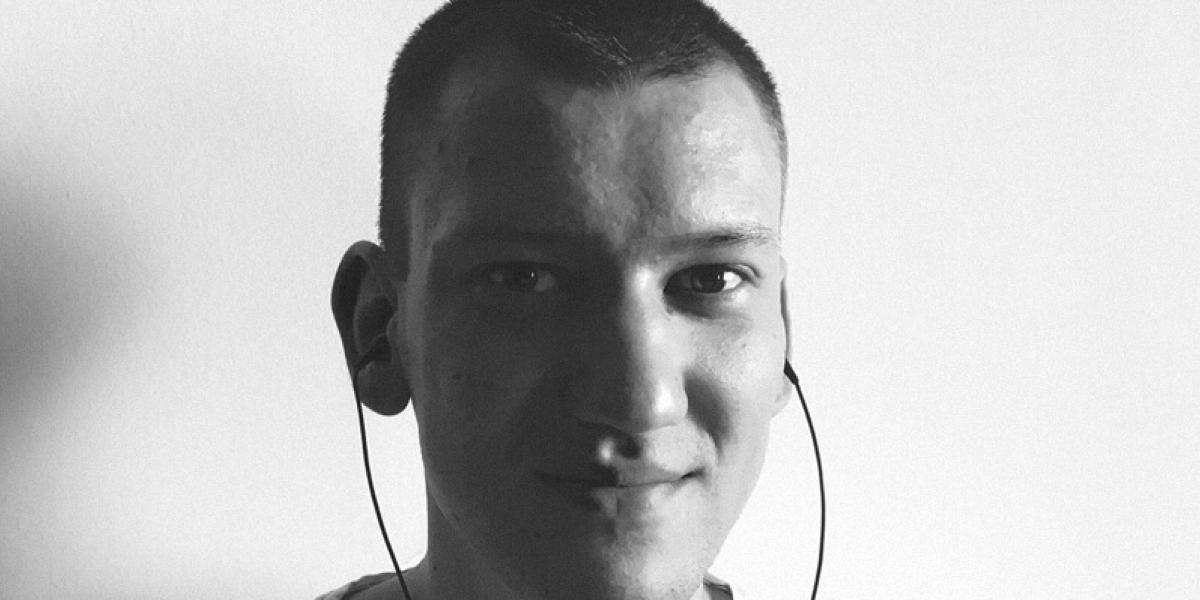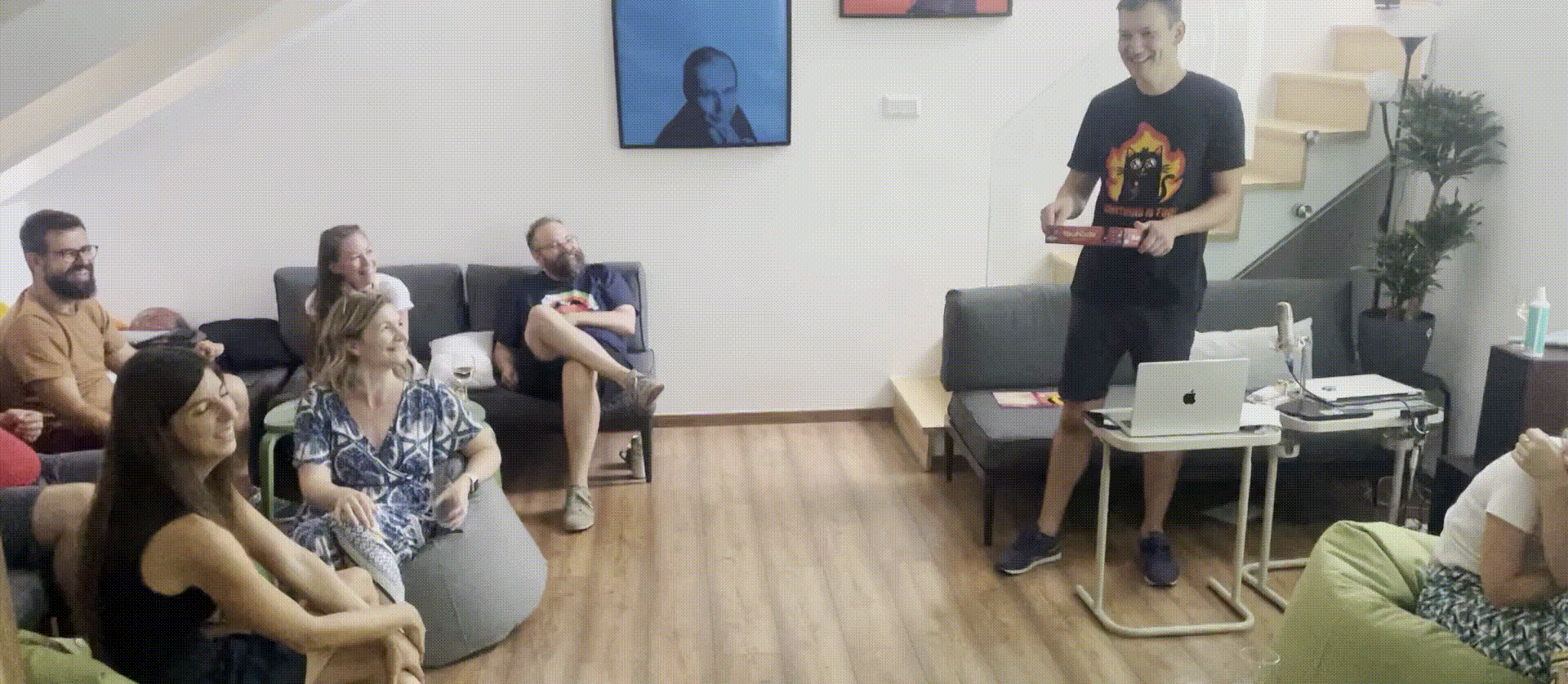
Some months ago, we published an article on the company blog with the title "I applied for another job". There are maybe some who might be interested in who this article was written about, and his or her version of the story. Well, I admit it was me. Six months have passed since the year-end appraisal, and a lot has changed.
We need to go back some years to understand the story. I came to the company four years ago without any experience and with eager to knowledge. My first and most important aim was to learn. I achieved this target, as each issue I dealt with was a challenge. I had two mentors who I could rely on any time I had questions, and I learned a lot in this period. This studying stage satisfied me for two years, and I did what I liked to do. After that, I started to get less motivated by this target, so I began to search for new objectives.
Unfortunately, an unexpected change occurred in my private life, that detracted my attention from the profession, and work turned into a daily routine. When these personal things normalized, I felt that I stuck in the sprint cycles. My everyday target became to complete the issues in the sprint. When the scope started to decrease on my main project, which I worked on for a year, I began to get involved in other projects. These were tasks which did not give me enough challenge. At this time, the first doubts began to come. What is my purpose? What can I learn from these tasks? And I found myself helping my colleagues. How come!? I am just a junior developer. I had to reposition myself and reorganize my goals. I chose improvement as the primary goal. I saw two ways in front of me. Either I find another company and force myself into something new to be sure to learn something, or I stay, and I have to find the opportunities myself to learn something new
I struggled with the "to go or not to go" questions for quite a long time. I found pros and cons and was not sure which way to go.
After all, I thought that an application doesn't necessarily mean betrayal, and it would be useful to see the other side. The professional test made it clear for me that they expect things that don't throw me into fewer, and the area I work in now is the one that I like, so I rather have to find new challenges here. I decided to stay.
Why did I tell all this to Kulcsi? After being sure about my choice, my conscience started to worry me. Kulcsi had always been fair with me, so I thought it is reasonable to tell him. People having experience from other company cultures did not support this decision.
Later on, when the emotions calmed down, we started to find out together with Kulcsi what caused me pain in the last period. We made a strategy to solve these problems. After some changes, I started to feel good and improve positively. One of these changes was that I began to work together with other people as before. Another change was that I moved from my place in the office to a different one. I've been sitting at the same place for long years, and the environmental change had a positive impact on me. I also start each sprint with setting an objective for those two weeks, and on the sprint closing retro, I keep the others posted about the outcome.
Was it the right decision to inform Kulcsi? Yes. I wouldn't do differently today.
Share with your friends!

